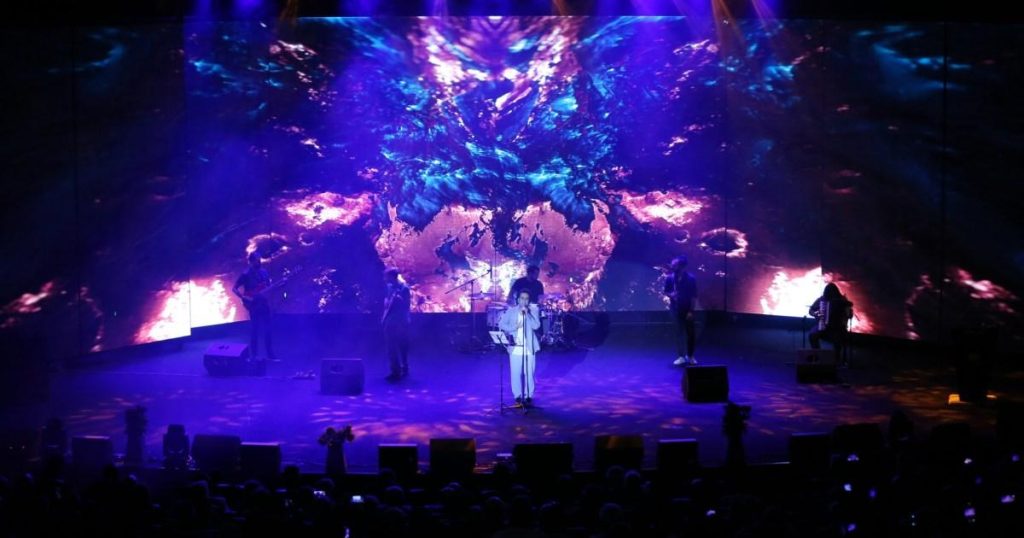The Suppression of Music and Cultural Expression in Iran: A Case Study in Authoritarian Control
The recent cancellation of all music events in southwest Iran underscores the ongoing struggle between artistic expression and religious conservatism within the country. The decision, driven by accusations that concerts are "sinful" and even contribute to regional drought, reflects the enduring influence of hardline religious authorities. This incident provides a stark example of how cultural freedoms are routinely curtailed in Iran under the guise of religious and moral principles. The cancellation also highlights the precarious position of artists and musicians who navigate a complex and often arbitrary system of censorship and control. The justification for the ban, linking music to natural disasters, exposes the extreme interpretations of religious doctrine that can be used to justify suppressing artistic expression.
The historical context of music censorship in Iran dates back to the 1979 Revolution, when Ayatollah Khomeini banned all popular music, claiming it corrupted children’s minds. This sweeping ban ushered in an era of strict cultural control, forcing musical expression underground and leading to a thriving black market for Western music. While the absolute ban has since softened, the underlying tension between artistic freedom and religious orthodoxy persists. The Ministry of Culture and Islamic Guidance remains the gatekeeper of acceptable musical content, subjecting artists and their work to rigorous scrutiny. This process not only restricts creative expression but also reinforces the state’s authority to dictate cultural norms.
The current system of music approval in Iran involves a complex and opaque process. Artists must submit their work for review, and even if approved, album covers and promotional materials are often subject to alteration to conform to the regime’s standards. Examples abound, including the censorship of album covers featuring Western artists like Lady Gaga, Lana Del Rey, Taylor Swift, and Beyoncé. These modifications, often involving the removal of images deemed immodest or provocative, reflect the rigid standards of dress and behavior imposed on Iranian society. The censorship extends beyond visual representation, with lyrical content also subject to scrutiny for any perceived deviation from Islamic principles. This pervasive control effectively stifles artistic expression and limits the ability of Iranian artists to engage with global musical trends.
The implications of these restrictions extend beyond the realm of music, reflecting a broader pattern of censorship and control over cultural expression in Iran. The authorities’ willingness to suppress artistic freedom underscores the limitations on freedom of expression and assembly within the country. The justifications used for these restrictions often invoke religious or moral principles, demonstrating how such doctrines can be instrumentalized to maintain political control. The ongoing challenges faced by Iranian artists and musicians highlight the importance of defending artistic freedom as a fundamental human right, even in the face of political and religious pressure.
The Iranian case study resonates with similar instances of cultural suppression in other countries. In Russia, for example, laws ostensibly designed to protect children have been used to restrict access to information and suppress dissenting voices. The "gay propaganda" law, in particular, exemplifies how legislation can be used to target marginalized communities and restrict their freedom of expression. These laws, by conflating non-traditional sexual orientations with harm to children, create a hostile environment for LGBTQ+ individuals and organizations and limit open dialogue on issues of sexuality and gender identity. The parallel between the Iranian and Russian examples demonstrates how authoritarian regimes employ various tactics to restrict freedoms and maintain control.
The struggle for cultural freedom in Iran and elsewhere represents an ongoing challenge in the face of authoritarian regimes. The suppression of music, art, and other forms of expression serves as a reminder of the importance of vigilance in defending these fundamental rights. The international community has a role to play in supporting artists and activists who advocate for freedom of expression and challenge repressive regimes. By amplifying the voices of those who are silenced, and holding those responsible for censorship accountable, we can contribute to a more just and equitable world where artistic freedom is celebrated and protected. The struggle for cultural freedom is a global endeavor, and by supporting those on the front lines, we defend not only their rights but also the principles of democracy and human dignity.











